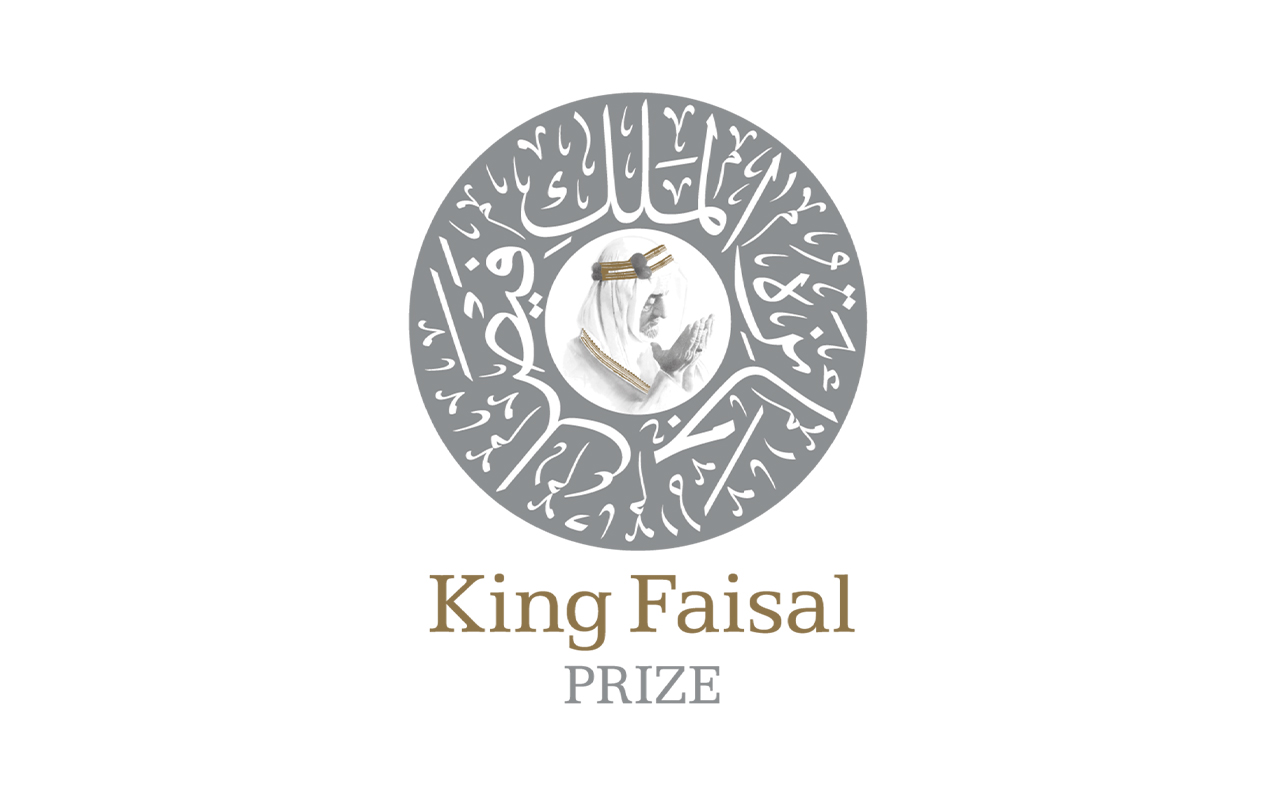King Faisal Prize in Islamic Studies
The King Faisal Prize for Islamic Studies is one of the branches of the King Faisal Prize, awarded annually by the King Faisal Foundation to individuals who have made intellectual or scholarly contributions in the field of Islamic studies. The prize was first awarded in 1979, and its headquarters is in Riyadh, the capital of the Kingdom of Saudi Arabia.
Eligibility for the King Faisal Prize for Islamic Studies includes individuals who have conducted and published an original scholarly study on the announced prize topic, resulting in a notable benefit and contribution to Muslims and achieving one or more of the prize’s objectives. In awarding the prize, consideration is also given to topics of clear significance to the Islamic community.
The King Faisal Prize in Islamic Studies process
On September 1 of each year, King Faisal Prize chooses a specific subject for each prize category, except for Service to Islam prize. The nomination period commences on September 1 and extends through to the end of March of the following year, with nominations concluding on March 31.
Between April and January, reviewers receive nominated works for thorough study and production of comprehensive reports. Come the first week of January, selection committees for each prize convene to review the nominated works and reviewers' reports, culminating in the final decision by selecting winners, who are subsequently announced at the conclusion of these meetings. In March of each year, the annual prize ceremony, under the patronage of the Custodian of the Two Holy Mosques, is held to honor the laureates and present them with their prizes.
Background of King Faisal Prize in Islamic Studies
King Faisal Prize in Islamic Studies is a category of the King Faisal Prize. It was granted for the first time in 1979 in recognition of individuals and institutions for their distinguished achievements across five categories: Service to Islam, Islamic Studies, Arabic Language and Literature, Medicine, and Sciences.
Laureates of the King Faisal Prize
Since its establishment and up to 2026, the King Faisal Prize for Islamic Studies has been awarded to forty-five winners from seventeen nationalities.
